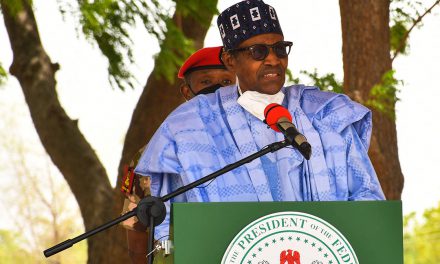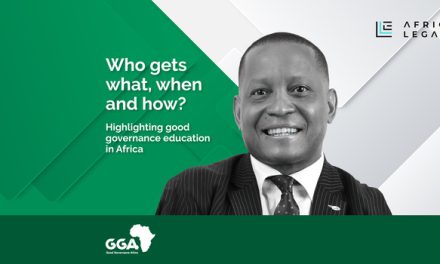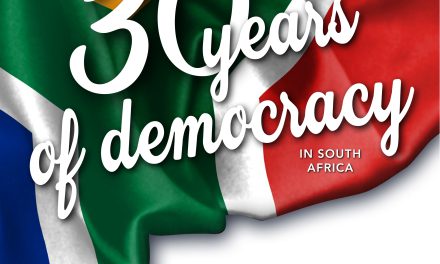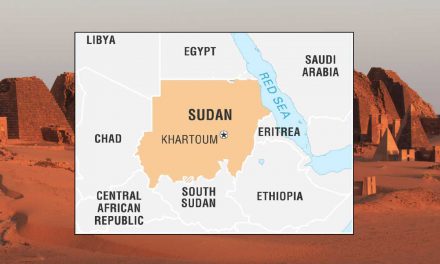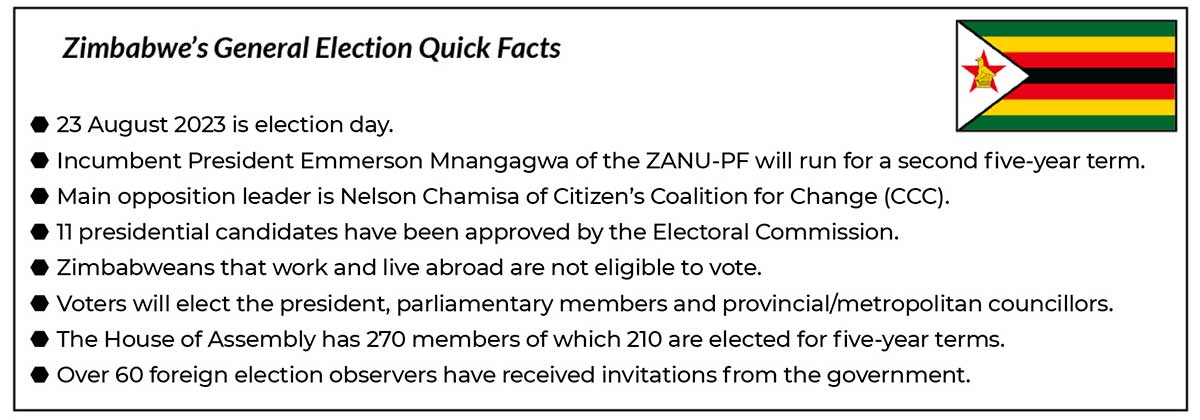
Introduction
On 23 August, the incumbent president of Zimbabwe, President Emmerson Dambudzo Mnangagwa of ZANU-PF, will seek another five-year term. Mnangagwa, who ascended to power after the November 2017 coup that ended former president Robert Mugabe’s 37-year rule, will be up against Nelson Chamisa of the main opposition Citizens Coalition for Change (CCC).
In the disputed 2018 election, the Zimbabwe Electoral Commission (ZEC) announced Mnangagwa as the presidential election winner, with 50.8% against Chamisa’s 44.3% of the vote who at the time fronted the Movement for Democratic Change Alliance (MDC-A). The opposition contested these results, which the Constitutional Court upheld. A 2019 Supreme Court ruling nullified his 2016 appointment as leader of the MDC-A, a move that also blocked access to the party’s assets and financing. In January 2022, the ‘new’ Citizens Coalition for Change (CCC) opposition party was launched ahead of March by-elections occasioned by this Supreme Court ruling.
The elections present another opportunity for citizens to reflect on Zimbabwe’s trajectory since Mugabe’s ouster. For Chamisa and the main opposition, which define 2023 as “the year of fixing things”, this election is yet another effort at convincing Zimbabwe’s electorate of their objectives. For Mnangagwa, the election is a scrutiny of his promises to entrench good governance reforms, set the country on a path of re-engagement, and strengthen economic recovery.
The election day race
- The ZEC announced during an observer briefing that 6 619 690 are registered to vote in the elections, marking an increase from the 2018 election.
- On 31 May, President Mnangagwa set the country into election campaign gear when he proclaimed 23 August as the election date, 21 June for the Nomination Court and 2 October for the Election run-off.
- On 30 June, an Extraordinary Government Gazette released a list of 11 presidential candidates, in addition to lists of those nominated for the parliamentary and local government elections.
- On 12 July, the Zimbabwean High Court nullified former Robert Mugabe era Cabinet Minister and ZANU-PF Political Commissar Saviour Kasukuwere’s earlier nomination. Kasukuwere, in fear of threats to his life after the November 2017 Coup, fled to exile in South Africa.
- In response to an application filed against Kasukuwere by a ruling party activist, Justice David Mangota noted that exiled Kasukuwere did not qualify as a presidential candidate because he has not been ‘ordinarily resident’ in the country for 18 months and had therefore ceased to be a registered voter as stipulated by section 23 (3) of the Electoral Act.
- Kasukuwere has appealed this ruling. Meanwhile, Mnangagwa and Chamisa remain the key contenders in this now 10-candidate race.
Key issues surrounding this election
The 23 August Election occurs against the backdrop of the erosion of civic freedoms through unconstitutional amendments, repressive and proposed repressive legislation. On 14 July 2023, President Emmerson Mnangagwa signed into law the Criminal Law (Codification and Reform) Amendment Bill (“Patriotic Bill”), whose penalties include loss of citizenship, denial of the right to vote, and death.
The credibility of the election is in question due to a litany of concerns that include:
- The independence and impartiality of the Zimbabwe Electoral Commission, the Judiciary, the Zimbabwe Republic Police, and the State Media, among other entities central to fostering an enabling environment for a free, fair and credible election.
- Concerns about the Zimbabwe Electoral Commission’s Independence and capacity to host credible elections.
- Exorbitant nomination fees led to the withdrawal of some candidates.
- Concerns about violence and intimidation of the electorate with reports of permeating interference by the Zimbabwe Central Intelligence Organisation-backed Forever Associates Zimbabwe in ZANU-PF primaries, voter verification, and nomination.
- A campaign trail marred by violence and reports of bans of main opposition CCC rallies.
- Although the government is taking frantic measures to stem inflation and the rising cost of living, Zimbabwe’s youth/active population/professionals who have the opportunity have been forced to migrate due to high unemployment, poor remuneration and a deepening economic crisis. The economic instability due to the Zimbabwean dollar’s further weakening against the United States Dollar is leading some of the country’s best minds to settle for underemployment as caregivers in the United Kingdom and other parts of the world.
- With 17 000 Zimbabweans reported to have left for care support jobs in the UK in 2022, it is evident that the country is losing a significant percentage of its registered voters for the 23 August Poll.
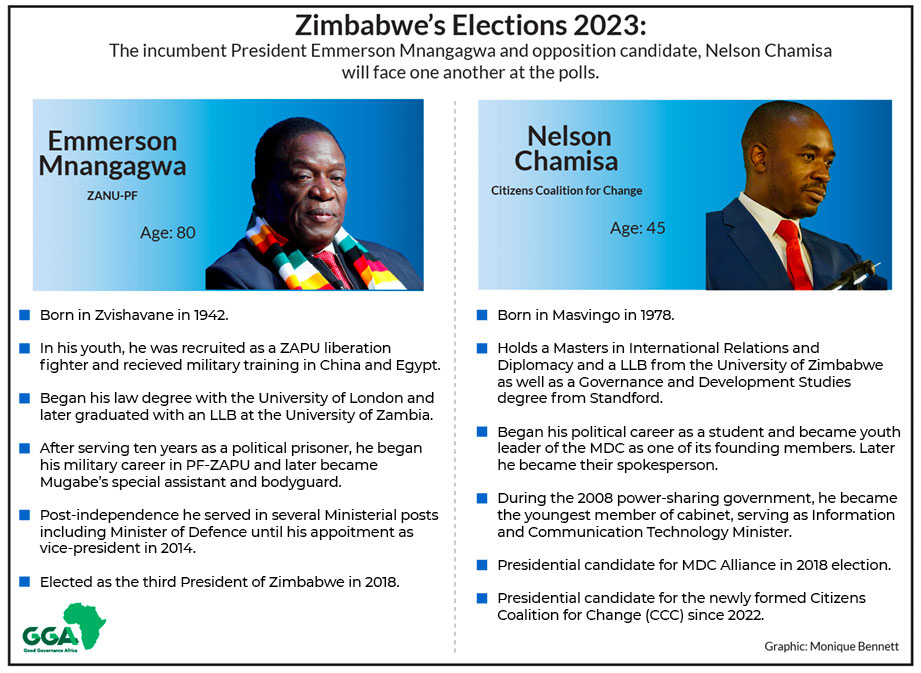
Electoral system
- The electoral system used in Zimbabwe is a mixed system that combines the Single Member Majority System and the Single Member Plurality System, also referred to as first-past-the-post and the Proportional Representation System.
- The Presidential election uses the Single Member Majority System. In this system, the winner must get a majority of votes cast, with a minimum of 50% plus 1.
- In obtaining majority support, receiving more than half of the votes is necessary. Simply outvoting other candidates is insufficient to be declared a winner.
- In the Single Member Majority System, a run-off election is held between the two candidates who received the most votes if no candidate obtains an outright majority. A run-off election date has been set for 2 October 2023.
Election observation
- Mnangagwa’s presidency has invited over 60 international, regional, and continental bodies to participate in observing the election. All 51 embassies and nine consulates accredited to Zimbabwe have received invitations to observe the polls, which was not the case in 2018.
- The presidency emphasised that foreign missions are to participate as “observers, not monitors”. Observers gather information on the electoral process and make an informed judgement on that process without inferencing, whereas monitors, through their observations, can intervene if laws are being violated.
- The SADC Electoral Advisory Council (SEAC) conducted a pre-election mission in April to assess the political and security environment in the country, the legal frameworks governing the election and whether the electoral commission is prepared and ready to conduct elections.
- The EU announced it would deploy short- and long-term observer teams to Zimbabwe following the invitation from the foreign ministry. Fabio Castaldo, a member of the European Parliament, was appointed as Chief Observer for this mission. The long-term team of around 46 observers would begin arriving at the start of July and remain until the end of the electoral process, whilst 44 short-term observers would be deployed closer to election day.




